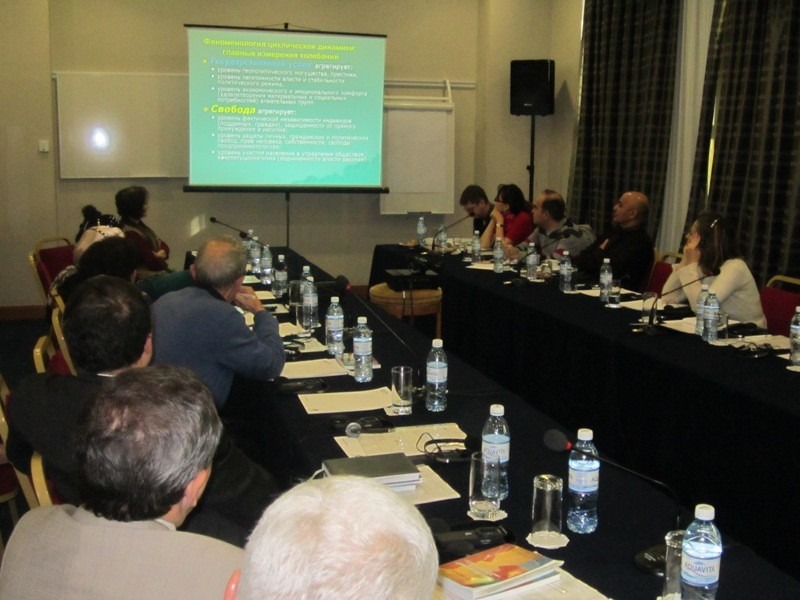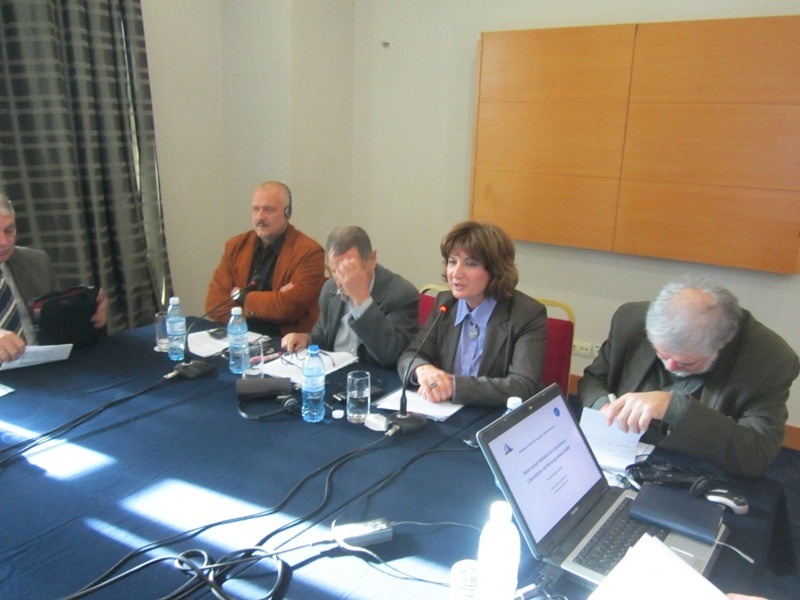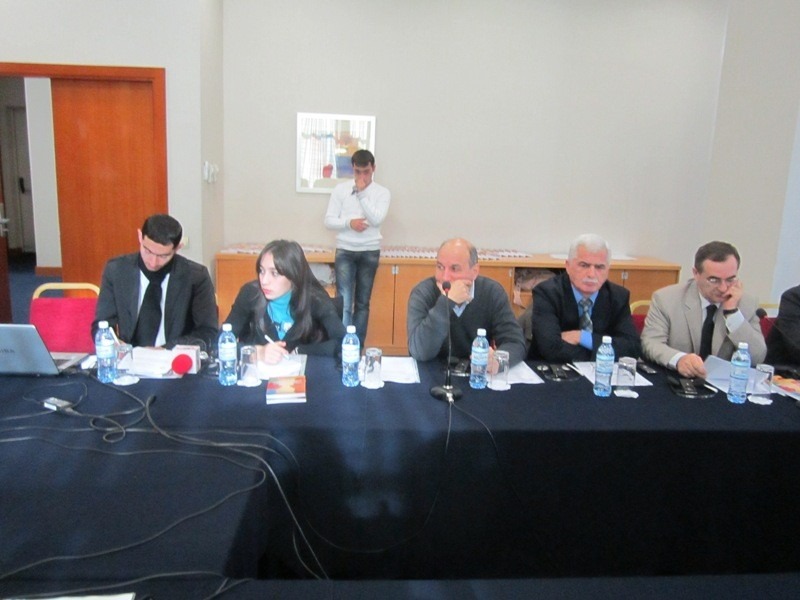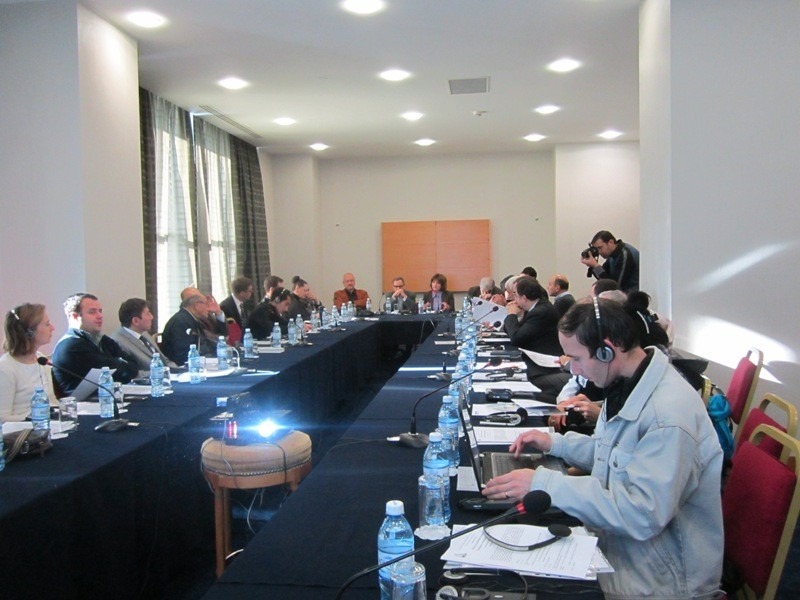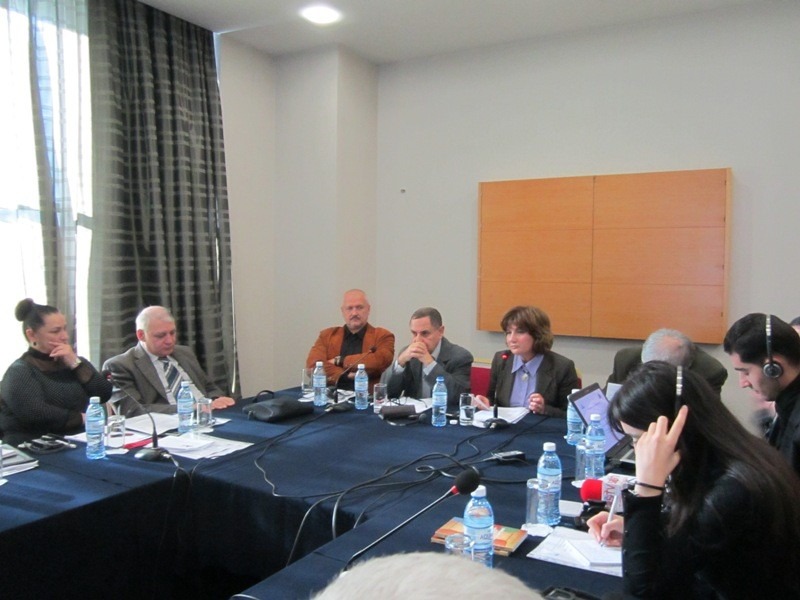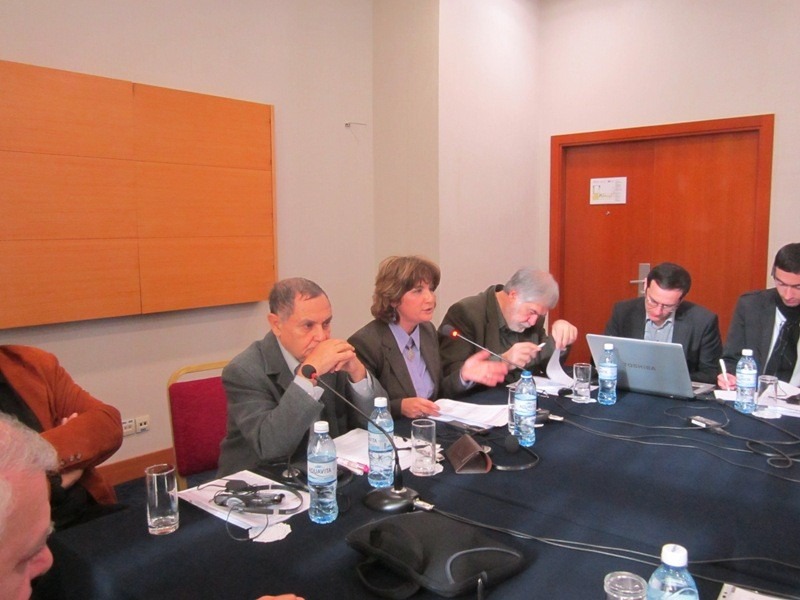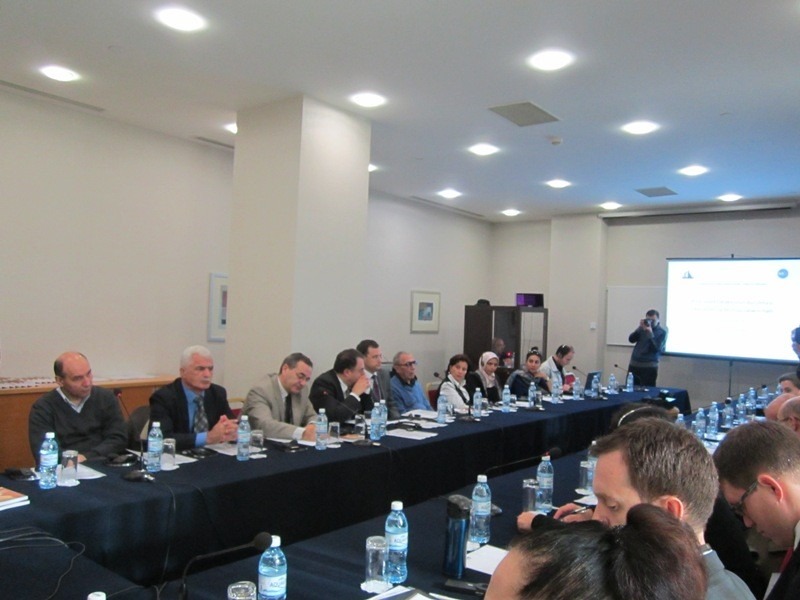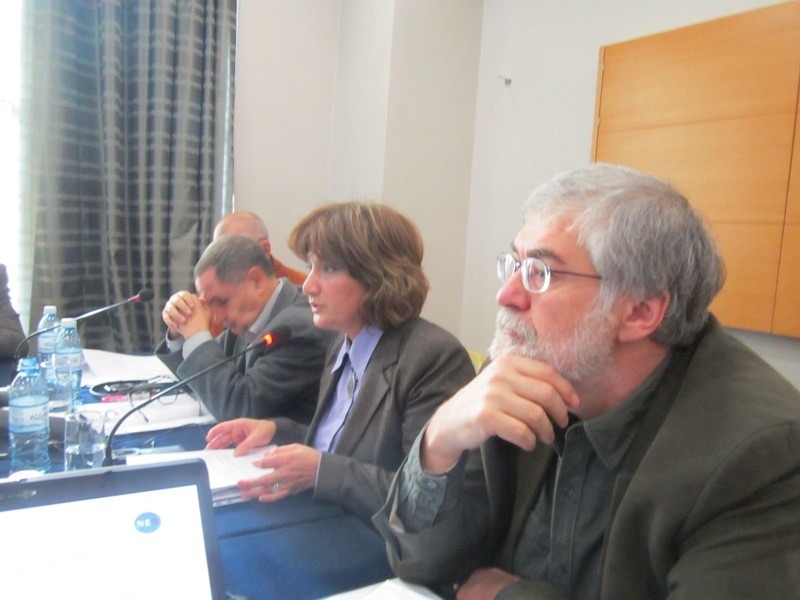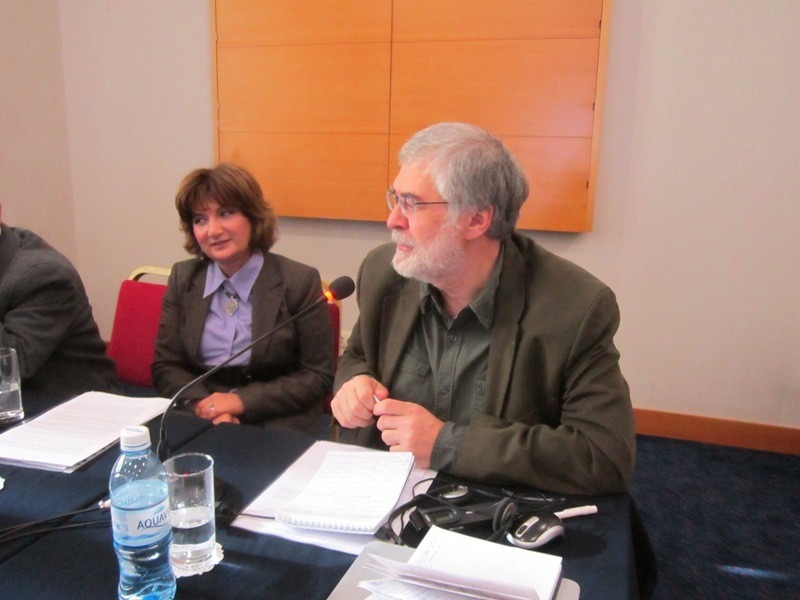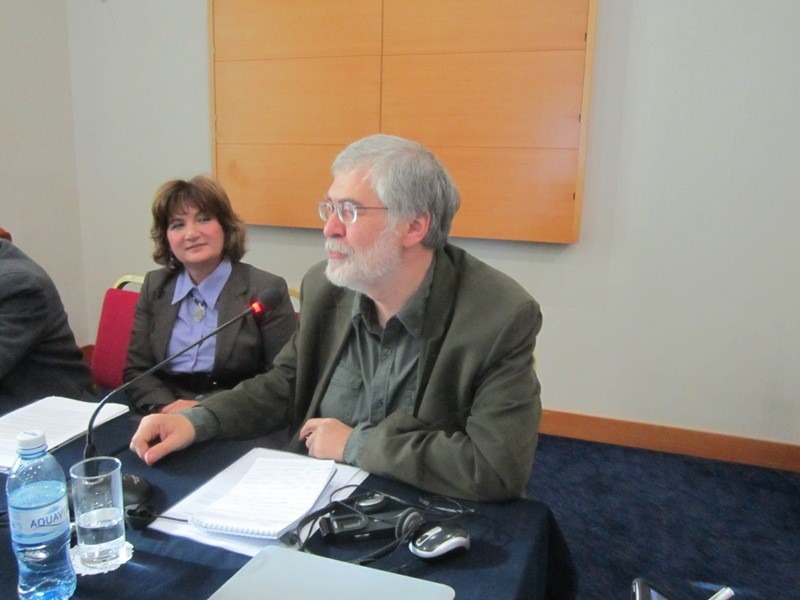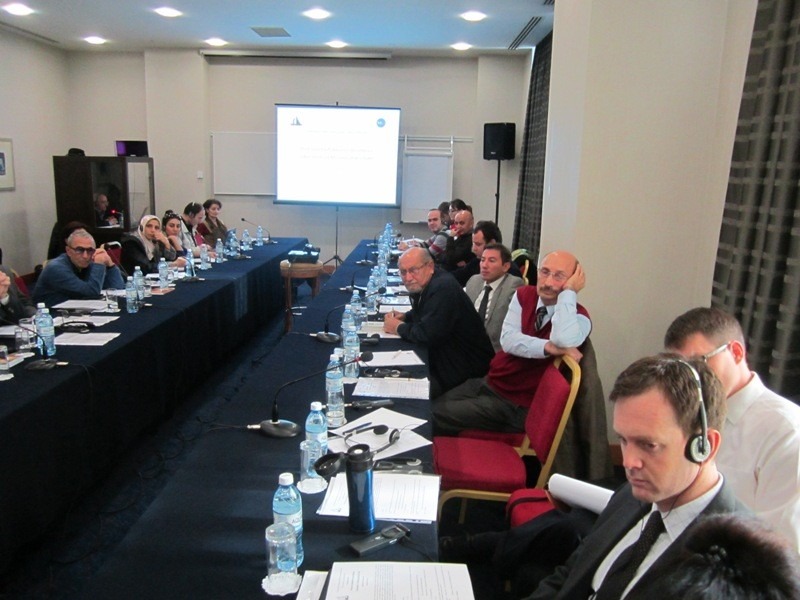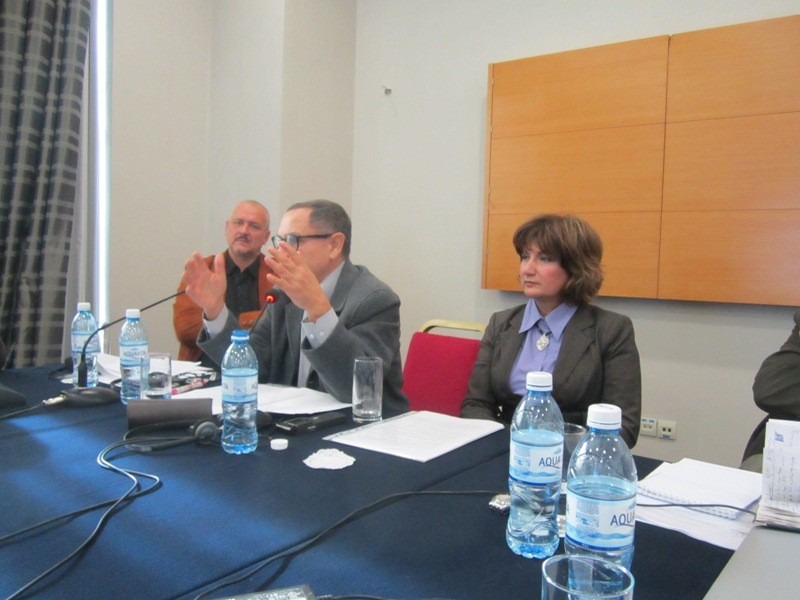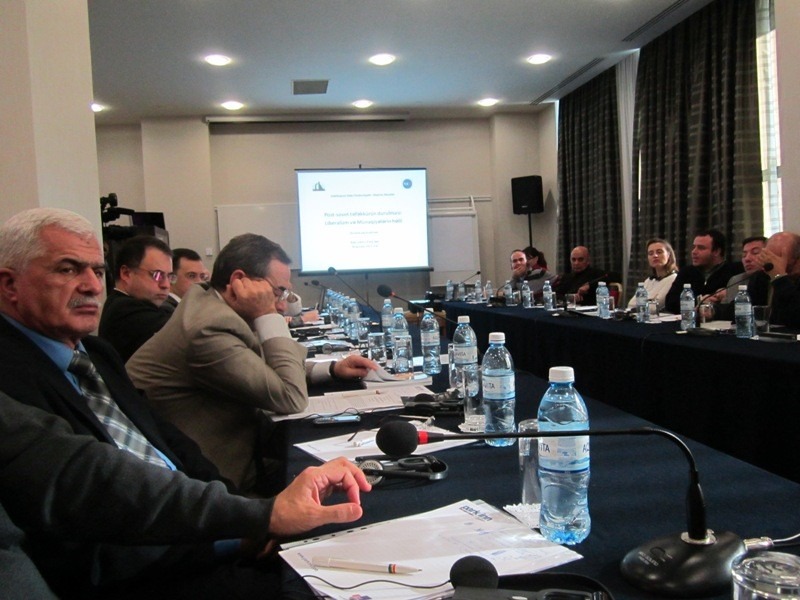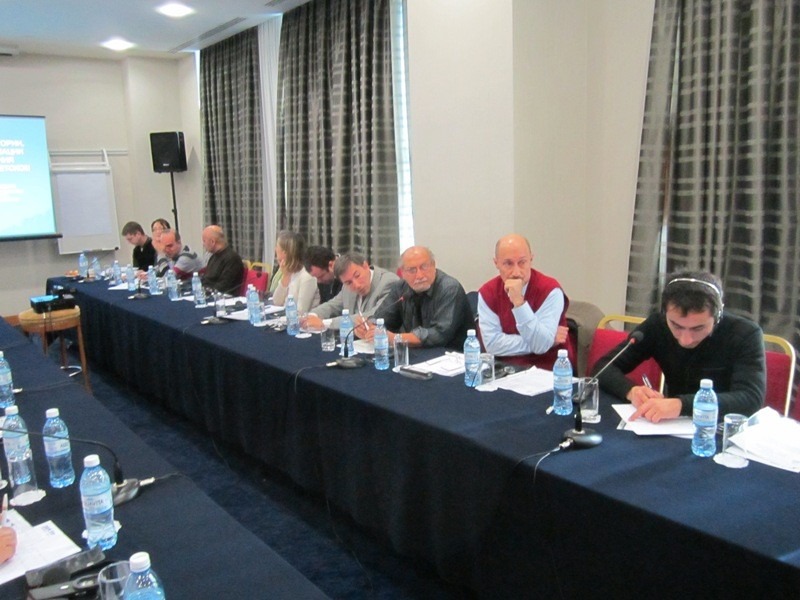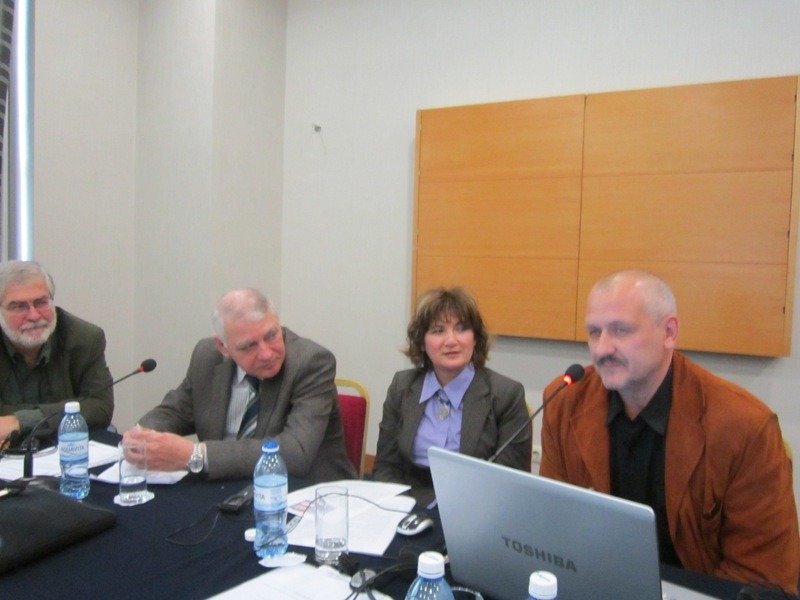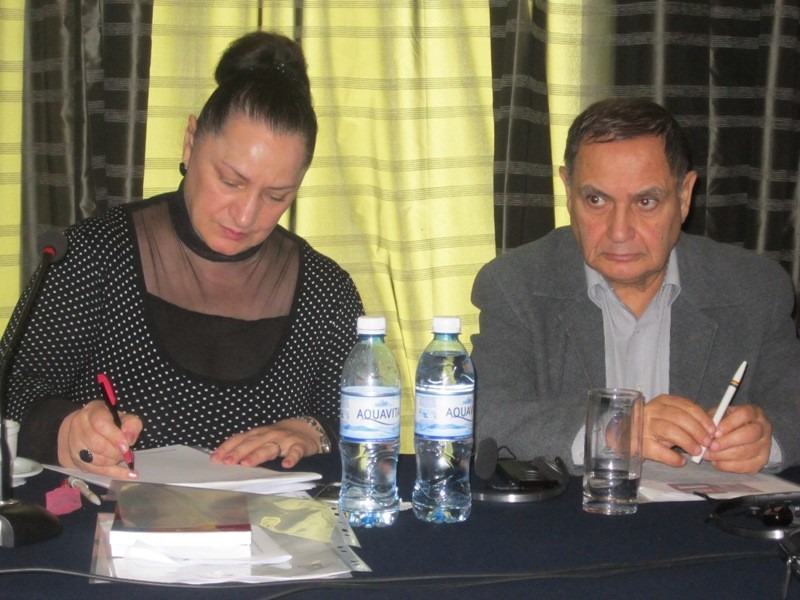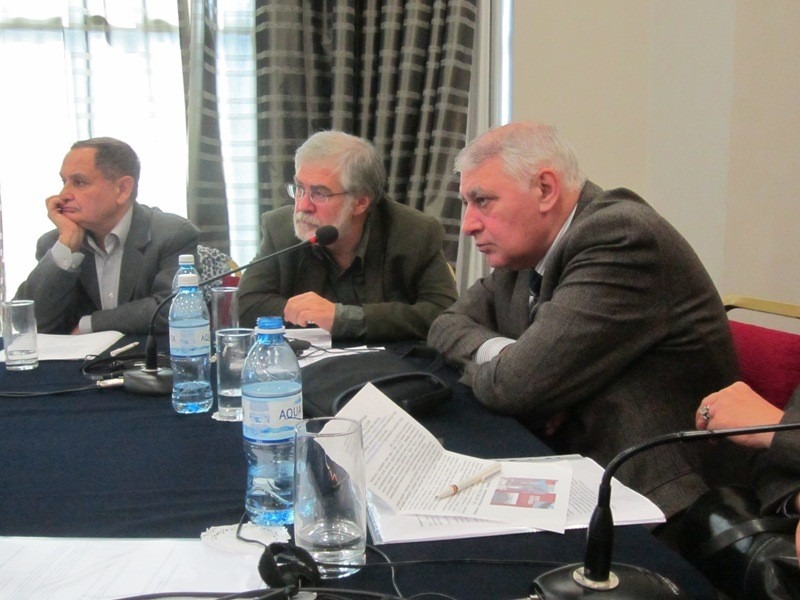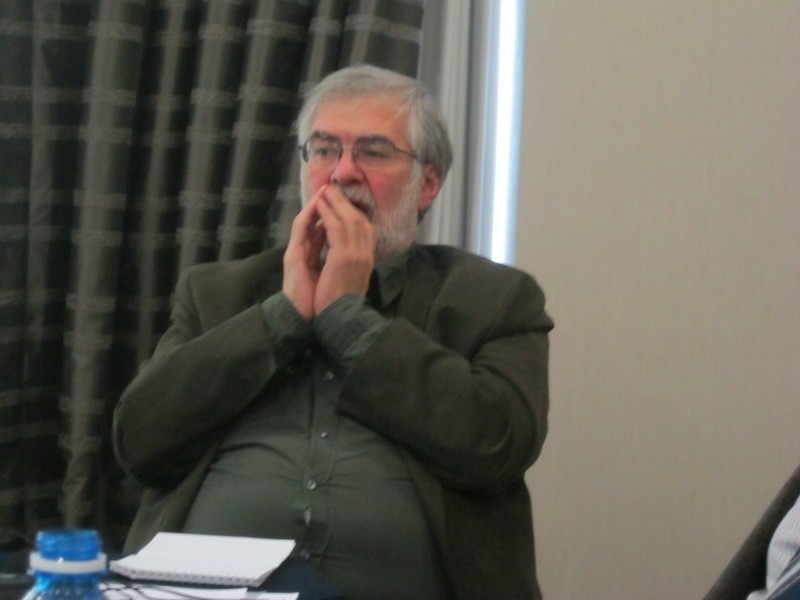-

15.04.2024
 April 16, 2024
April 16, 2024
FB Digest@VoxPOPULI “I knew that I had to give double, triple in Azerbaijan,...
11.04.2024
 April 12, 2024
April 12, 2024
FB Digest@VoxPOPULI “The government should also heed this demand...
08.04.2024
 April 9, 2024
April 9, 2024
FB Digest@VoxPOPULI “How can a head of state, justify the unjust...
04.04.2024
 April 5, 2024
April 5, 2024
FB Digest@VoxPOPULI “Azerbaijani government's tactics extend beyond...FB Digest@VoxPOPULI APRIL 2024
 April 2, 2024
April 2, 2024
FB Digest@VoxPOPULI 01 APRIL 2024 FB Digest@VoxPOPULI...
01.04.2024
 April 2, 2024
April 2, 2024
FB Digest@VoxPOPULI “Regimes as cruel and ruthless as this tend...
28.03.2024
 March 29, 2024
March 29, 2024
FB Digest@VoxPOPULI “In a bid to stifle the rise of democracy in the region...
25.03.2024
 March 26, 2024
March 26, 2024
FB Digest@VoxPOPULI “As you know, the regime does not favor such...
21.03.2024
 March 22, 2024
March 22, 2024
FB Digest@VoxPOPULI “The Azerbaijani government has consistently...
18.03.2024
 March 19, 2024
March 19, 2024
FB Digest@VoxPOPULI “In our investigations, we reported on officials'...
14.03.2024
 March 15, 2024
March 15, 2024
FB Digest@VoxPOPULI “Keeping the country closed, restricting freedoms,...
11.03.2024
 March 12, 2024
March 12, 2024
FB Digest@VoxPOPULI “Engaging in opposition politics and independent...
07.03.2024
 March 8, 2024
March 8, 2024
FB Digest@VoxPOPULI “The banks belong to the Aliyev family, the hospitals...
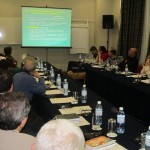 This was the topic of the conference held by Center for National and International Studies on the 30 November in Baku- one of the 4 events planned this year in the series of “ADR ( Azerbaijan Democratic Republic) round tables”. The conference hosted well known scholars and experts from Georgia Dr. Ghia Nodia and Russia’s macro sociologist Dr.Nikolai Rozov, Dr. Leila Alieva, Dr. Ali Abbasov and Dr. Rahman Badalov – from Azerbaijan.
This was the topic of the conference held by Center for National and International Studies on the 30 November in Baku- one of the 4 events planned this year in the series of “ADR ( Azerbaijan Democratic Republic) round tables”. The conference hosted well known scholars and experts from Georgia Dr. Ghia Nodia and Russia’s macro sociologist Dr.Nikolai Rozov, Dr. Leila Alieva, Dr. Ali Abbasov and Dr. Rahman Badalov – from Azerbaijan.
The problems of unresolved conflicts in the Caucasus region are very often explained in realist terms, geopolitics or through the conspiracy theories. However, the domestic actors are key forces in these conflicts and little is said about the influence of transformation ( or lack of it) of political and social institutions, including mindset of the people in the region, on their resolution..
The participants tried to answer the following questions: In what way conflicts and approach to their resolution depend on ideology and world view? What are particular traits of the societies in the Eurasian space which hinder soonest resolution of the conflicts? What are the stereotypes in the region related to the liberalism and conflicts, which need to be addressed? Nationalism and liberalism – how can they be reconciled? How can liberalism/liberal ideology contribute to the peaceful resolution of conflicts? How in practice these ideas can be promoted?
Dr.Leila Alieva ( CNIS director) in the position paper suggested, that lack of democracy and freedoms in authoritarian or hybrid regimes in the region, including Russia, hindered development of liberalism, which in turn affected the resolution of conflicts. She stressed an importance of the political and social transformation in the states in conflict as a factor in this process. Describing the reasons of deadlock in negotiations, she noted besides the deficiencies of mediation, absence of effective normative framework and interference in secessionist conflicts of the neighboring-states, lack of democracy and liberal values. However, democracy is a necessary, but not the ultimate pre-requisite of the breakthrough in resolution of Post-Soviet conflicts. Building of institutions of checks and balances, inclusive policies towards minorities, freedoms of media and assembly and deep societal adoption of the liberal values such as tolerance, inclusiveness and universalism of human rights is a process which will significantly accelerate and facilitate the resolution of conflicts. Thus without addressing the “ extension of borders of mindsets “ of people all the international attempts to resolve the conflict are doomed to failure.
Dr. Ghia Nodia from Ilia Chavchavadze University in Georgia called his approach that of “skeptical liberal” and focused on the content of the concept of liberalism and its values. In the context of conflicts, however, he noted the controversial character of liberalism, stressing that while “liberals do not fight each other, due to their arrogance towards the rest non-liberal part of the world, they may be aggressive and conflictual to “non-liberals”. He also spoke about failures of some liberal postulates, such as that modernization will lead to the disappearance of conflicts, and that nationalism and liberalism contradict each other. The other contradiction is that during the history liberals have not always been democrats. Prof. Nodia suggested, that liberalism can help in prevention of violent conflicts, rather than resolution of already “frozen conflicts”. While calling supporters of the idea of ‘transformation’ of conflicts naïve, prof. Nodia agreed that spread of the liberal institutions can prevent development of nationalist demagogy and thus contribute to the peaceful resolution of conflicts.
The author of numerous books on political and social transformation of Russia, the leading researcher of Siberian branch of Russian Academy of Sciences Dr. Nikolai Rozov presented his macro-sociological model of historical development of Russia, consisting of “cycles”, which he called “ruts and passes”. These cycles, which are non-chaotic , develop from “state success” and “ freedoms” to “state failures” and repressions”,. He stressed, that development of Russia is an order of cycles, which repeat each other not allowing the political and state building to transfer to the sustainable level. As usual, all the periods of Russia’s liberalization resulted in a crisis and an authoritarian backlash. Rozov further spoke about effects of Russia’s domestic political situation on its foreign policy and gave some predictions on domestic developments.
Dr. Ali Abasov focused on relations between ideologies and approaches to conflicts, which he stressed had predominantly political nature, based on his overview of major conflicts in Europe and Asia. He mentioned a number of traits of Eurasian societies, including legacies of totalitarianism and clan structures and absence of free and fair elections, which hinder resolution of conflicts. Abasov also noted that liberal approaches to resolution of conflicts may directly threaten the very existence of the unitary state, as have risks of separation and division of states. At the same time, as conflicts often unfold as a result of democratization they may also threaten democracy building itself, as have a potential to cause a state response of backlash. Prof. Abasov also noted widely shared perception of “liberal” as a “neutrality” of state or other actor in relations to international norms and principles.
Dr. Rahman Badalov welcomed the idea of moving from the geopolitics towards social consciousness in interpretation of the causes of unresolved conflicts. Furthermore, he focused on enlightenment and liberalism as a focal point of the analysis . He stressed the role of the enlightenment of Azerbaijan in the 19thcentury as a central point of the history, laying foundation of the current nation’s and state’s identity, while underlining the damaging role of the Soviet era. He described post-Soviet development as mainly stagnation, which did not mindsets’ liberation from the Soviet legacies. He stressed that resolution of the conflict goes through democracy, enlightenment and liberalism – through return of the ontological history, through readiness and capacity to think. Prof. Badalov suggested that the conflicts will be resolved only when on both sides there will be people, who do not use nationalist or historical arguments, or what the author called cooperation of post-nationalist and post-historical elites.
The full articles of the speakers will be published in the forthcoming volume by the CNIS.
You can read the media coverage of this conference in the following sources
http://www.olaylar.az/news/politics/21580
http://sestv.az/az/reporting/323273
http://www.obyektiv.tv/index.php?option=com_jomtube&view=video&id=3828&Itemid=33&lang=az
http://www.publika.az/index.php?action=static_detail&static_id=28316
http://faktxeber.com/liberallar-digrlrin-zlrindn-aa-xslr-kimi-baxrlar-_h415149.html
January 5, 2013
